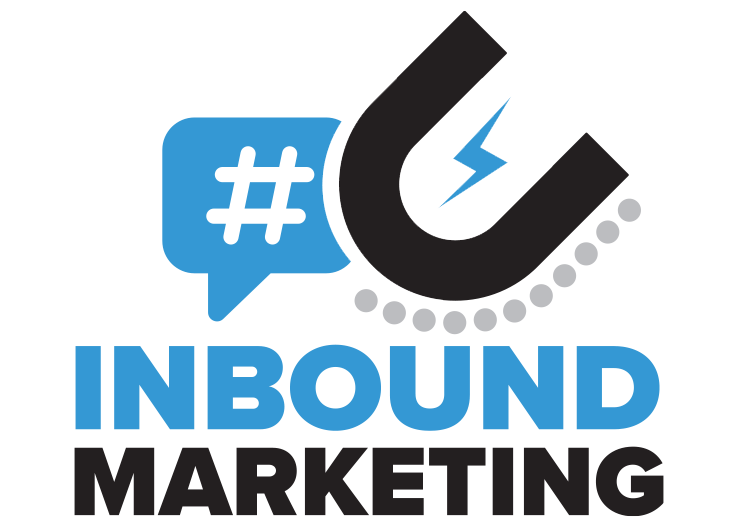![A Review of Website Grader [A HubSpot Tool]](https://blog.greyphin.com/hubfs/greyphin-website-grader.png)
By now, you probably know how much we love HubSpot - enough to be a HubSpot partner, that is! But despite being a HubSpot partner, we’re going to try our hardest to provide an absolutely fair and unbiased review of one of their most popular tools - Website Grader.
Website Grader may be popular because it’s absolutely free (yes, you read that right), but that isn’t the only benefit of this tool. Let’s get down to business and get into the details about the pros and cons of this awesome SEO tool.
What is Website Grader?
Of course, before we get into the benefits and drawbacks of HubSpot’s Website Grader tool, let’s talk about the basics. Website Grader is a free tool that allows users to view reports and recommendations on the performance, SEO, mobile-friendliness, and security of any website.
Pros of Website Grader
It’s pretty evident already that we love Website Grader - but let us count the ways. Here are some pros of this powerhouse tool:
Pro #1: User-Friendliness
Perhaps the best part about Website Grader is the fact that it’s super user-friendly. HubSpot definitely designed this tool with the user in mind - simply plug in the URL to the website you want to analyze, enter your email, and click the Get Your Score button and *poof* it’s like internet magic. Once you enter your information, you’ll find a single page - yes, ONE page, with all the information you need to know.
Pro #2: Performance Analysis
Google’s algorithm is always changing, and these days, Google tends to favor websites that perform well and provide a great user experience for website visitors. Enter stage left, the Performance analysis tool from Website Grader. This portion of the Website Grader tool provides information about the Page Size, Page Requests, Page Speed, Browser Caching, Minimal Page Redirects, Image Sizes, Minified Javascript, and Minified CSS on your website. Using bright colors and easy-to-understand symbols, users can easily see which of these items they need help with, and which are looking good already. Make the recommended changes to your website and you’ll see the Performance score go up, which is beneficial for helping your website get found in the search engine results pages.
Pro #3: SEO Analysis
Of course, being an SEO tool, Website Grader obviously has to give you pointers with your search engine optimization. In this section of your website’s report, you’ll find information such as whether or not your website has granted permission to index; if you have proper meta descriptions; if you’re using content plugins; and if your content uses descriptive link text. This gives you a quick overview of whether or not your SEO is in order and what you may need to do to improve it.
Pro #4: Mobile-Friendliness Analysis
As we previously mentioned, Google is placing a lot of importance on user experience these days - and for good reason. Who wants to visit a website to search for a product or service and be met with a terrible website? The same goes for mobile websites, too. When designing your website, you need to design for mobile as well. Website Grader will help you understand if your mobile site has legible font size; if the tap targets such as buttons are working properly and styled well; and if your mobile site is responsive.
Pro #5: Security Analysis
It’s crucial that your website is safe and secure for your visitors. Website Grader will help you identify if you have secure HTTPS and Javascript Libraries. Why does this matter? Because without the right security in place on your website, hackers and intruders can steal and exploit important information.
Cons of Website Grader
While Website Grader provides a wonderful overview of a website’s performance, there are a couple cons to consider.
Con #1: Not Enough Information
The unfortunate reality is this: Website Grader is an awesome jumping-off point for diving deeper into the issues on your website, but it doesn’t dig down as deep as many other tools on the market. Though we can’t complain too much because this is a free tool, after all. However, if you really want to make a big impact on your website, you’ll need to invest in a more powerful tool that provides a lot more information and more detailed recommendations, such as SEMrush or Moz.
Con #2: Conflicting Numbers
It’s imperative to point out that it would be foolish to base your entire SEO strategy off of Website Grader alone. Again, it’s a great starting place, but you’ll need to do more in-depth research to truly make a difference on your website. That being said, you may find that, while performing further research, there will be conflicting numbers. For example, Website Grader may give you a perfect SEO score based on the factors of Permission to Index, Meta Description, Content Plugins, and Descriptive Link Text. But don’t get too excited just yet. Despite this seemingly perfect score from Website Grader, other software such as SEMrush and Moz may point out a large list of errors and recommendations that HubSpot’s tool doesn’t have the capacity to report.
Our conclusion? Website Grader is a nice tool for kicking-off your SEO strategy, but we recommend using it conjunction with other software with more in-depth analytic tools.
Need help with your SEO strategy? Check out our SEO services and Inbound Marketing services! As always, feel free to contact us for more information and head on over to our blog for more tips about digital marketing!









